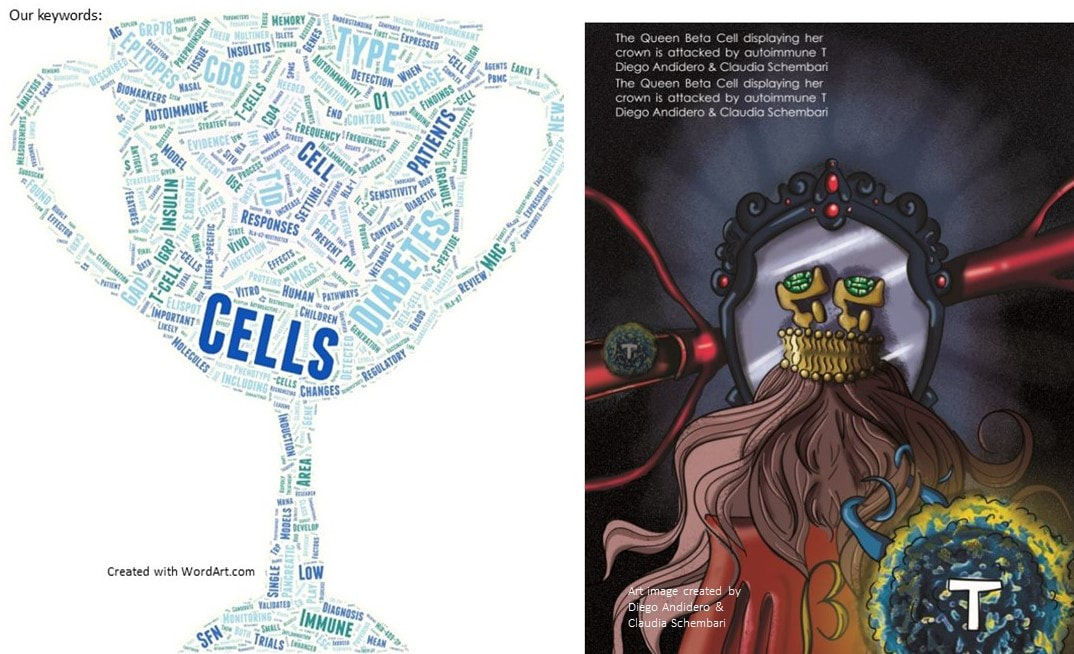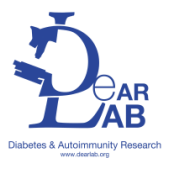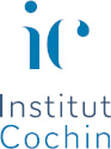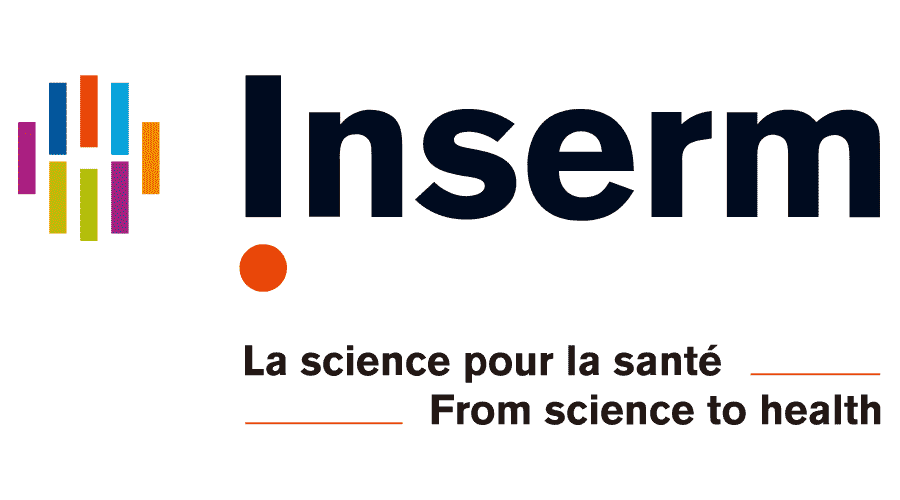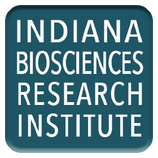LATEST PUBLICATIONSCoxackievirus infection induces direct pancreatic beta cell killing but poor antiviral CD8+ T cell responses
Vecchio F, Carré A, Korenkov D, Zhou Z, Apaolaza P, Tuomela S, Burgos-Morales O, Snowwhite I, Perez-Hernandez J, Brandao B, Afonso G, Halliez C, Kaddis J, Kent S, Nakayama M, Richardson S, Vinh J, Verdier Y, Laiho J, Scharfmann R, Solimena M, Marinicova Z, Bismuth E, Lucidarme N, Sanchez J, Bustamante C, Gomez P, Buus S, nPOD-virus Working Group, You S, Pugliese A, Hyoty H, Rodriguez-Calvo T, Flodstrom-Tullberg M, Mallone R Clinical care advice for monitoring of islet autoantibody positive individuals with presymptomatic type 1 diabetes
Hendriks E, Marcovecchio L, Bessere R, Bonifacio E, Casteels K, Larsson H, Gemulla G, Lundgren M, Kordonouri O, Mallone R, Pociot F, Szypowska A, Toppari J, Von dem Berge T, Ziegler A, Mathieu C, Achenbach P, INNODIA consortium, the Fr1da Study Group and the GPPAD Study Group Diabetes Metab Res. Rev. 2024 Interferon-α promotes neo-antigen formation and InterInterferon-α promotes neo-antigen formation and preferential HLA-B-restricted antigen presentation in pancreatic β-cells
Carré A, Zhou Z, Perez-Hernandez J, Samassa S, Lekka C, Manganaro A, Oshima M, Liao H, Parker R, Nicastri A, Brandao B, Colli M, Eizirik D, Göransson M, Burgos Morales O, Anderson A, Landry L, Kobaisi F, Scharfmann R, Marselli L, Marchetti P, You S, Nakayama M, Hadrup S, Kent S, Richardson S, Ternette N, Mallone R Coxsackievirus infection induces direct pancreatic β-cell killing but poor anti-viral CD8+ T-cell responsesr
Vecchio F, Carré A, Korenkov D, Zhou Z, Apaolaza P, Tuomela S, Burgos-Morales O, Snowhite I, Perez-Hernandez J, Brandao B, Afonso G, Halliez C, Kaddis J, C Kent S, Nakayama M, J Richardson S, Vinh J, Verdier Y, Laiho J, Scharfmann R, Solimena M, Marinicova Z, Bismuth E, Lucidarme N, Sanchez J, Bustamante C, Gomez P, Buus S; nPOD-Virus Working Group; You S, Pugliese A, Hyoty H, Rodriguez-Calvo T, Flodstrom-Tullberg M, Mallone R BioRxiv. 2023 Why does the immune system destroy pancreatic beta-cells but not alpha-cells in type 1 diabetes?
Eizirik D, Szymkzak F, Mallone R Nat Rev Endocrinol 2023 Coxsakievirus and type 1 diabetes: diabetogenis mechanisms and implications for prevention
Carré A, Vecchio F, Flodstrom-Tullberg M, You S, Mallone R Endocr Rev 2023 The β-Cell in Type 1 Diabetes Pathogenesis: A Victim of Circumstances or an Instigator of Tragic Events?
Mallone R, Halliez C, Rui J, Herold K C Diabetes 2022 Self-antigens, benign autoimmunity and type 1 diabetes: a beta-cell and T-cell perspective
Samassa F, Mallone R Curr Opin Endocrinol Diabetes Obes 2022 CD8+ T cells variably recognize native versus citrullinated GRP78 epitopes in type 1 diabetes
Azoury M E, Samassa F, Buitinga M, Nigi L, Brusco N, Callebaout A, Giraud M, Irla M, Lalanne A I, Carré A, Afonso G, Zhou Z, Brandao B, Colli M L, Sebastiani G, Dotta F, Nakayama M, Eizirik D L, You S, Pinto S, Mamula M J, Verdier Y, Vinh J, Buus S, Mathieu C, Overbergh L, Mallone R Diabetes 2021 Presumption of guilt of T cells in type 1 diabetes: lead culprits or partners in crime depending on age of onset?
Carré A , Richardson SJ, Etienne Larger, Mallone R Diabetologia 2021 Peptides Derived From Insulin Granule Proteins are Targeted by CD8+ T Cells Across MHC Class I Restrictions in Humans and NOD Mice
Azoury ME, Tarayrah M, Afonso G, Pais A, Colli ML, Maillard C, Lavaud C, Alexandre-Heymann L, Gonzalez-Duque S, Verdier Y, Vinh J, Pinto S, Buus S, Dubois-Laforgue D, Larger E, Beressi JP, Bruno G, Eizirik DL, You S, Mallone R, Diabetes 2020 Presumption of innocence for beta cells: why are they vulnerable autoimmune targets in type 1 diabetes?
Mallone R, Eizirk DL Diabetologia 2020 T-Cell Epitopes and Neo-epitopes in Type 1 Diabetes: A Comprehensive Update and Reappraisal
James EA, Mallone R, Kent SC, DiLorenzo TP Diabetes 2020 Conventional and Neo-Antigenic Peptides Presented by β Cells Are Targeted by Circulating Naïve CD8+ T Cells in Type 1 Diabetic and Healthy Donors Gonzales-Duque S, Azoury ME, Colli ML, Afonso G, Turatsinze JV, Nigi L, Lalane AI, Sebastiani G, Carré A, Pinto S, Culina S, Crocos N, Bugliani M, Marchetti P, Armanet M, Diedisheim M, Kyewski B, Steinmetz LM, Buus S, You S, Dubois-Laforgue D, Larger E, Beressi JP, Bruno G, Dotta F, Scharfmann R, Eizirik DL, Verdier Y, Vinh J, Mallone R Cell Metab 2018 
Islet-reactive CD8+ T cell frequencies in the pancreas, but not in blood, distinguish type 1 diabetic patients from healthy donors Culina S, Lalanne AI, Afonso G, Cerosaletti K, Pinto S, Sebastiani G, Kuranda K, Nigi L, Eugster A, Osterbye T, Maugein A, McLaren JE, Ladell K, Larger E, Beressi JP, Lisina A, Appay V, Davidson HW, Buus S, Price DA, Kuhn M, Bonifacio E, Battaglia M, Caillat-Zucman S, Dotta F, Scharfmann R, Kyewski B, Mallone R, ImMaDiab Study Group Sci Immunol 2018 |

Bienvenus sur le site du Laboratoire DeARLab
Le Laboratoire de Recherche sur le Diabète et l’Auto-immunité (DeARLab) a été établi en 2007 à l'Institut Cochin. Il est affilié à l’Inserm (Institut National de la Santé et de la Recherche Médicale) , à l’Université Paris Cités et à l’Assistance Publique/Hôpitaux de Paris. L'objectif général de notre Laboratoire découle de la prise de conscience croissante que le diabète de type 1 (DT1), qui résulte de la destruction auto-immune des cellules bêta pancréatiques productrices d'insuline, est une maladie hétérogène. Il implique à la fois le système immunitaire et les cellules bêta, et éventuellement d'autres cellules du pancréas. Cela nécessite une nouvelle vision intégrée de l'auto-immunité et du diabète. Mécanismes immunitaires et biomarqueurs de la progression auto-immune. Nous avons documenté un état universel d'auto-immunité « bénigne » présent chez tous les individus, caractérisé par la circulation de lymphocytes T CD8+ auto-immuns, quel que soit le statut de la maladie. Nous cherchons donc à comprendre les biomarqueurs distinguant ces lymphocytes T bénins des pathogènes, ainsi que les mécanismes et déclencheurs environnementaux à l'origine de leur passage d'un état à un autre. Développement de nouvelles thérapeutiques immunomodulatrices et protectrices des cellules bêta. Le développement thérapeutique doit couvrir les deux aspects de cette interaction immunitaire/cellules bêta. Des plateformes in-vitro et in-vivo pour étudier cette interaction sont développées. Des stratégies de vaccination muqueuse non invasive avec des antigènes de cellules bêta couplés au Fc sont à l'étude dans des modèles murins pour la prévention du DT1. Bonne visite ! Roberto Mallone, MD PhD Sylvaine You, PhD Depuis avril 2023, le site de Paris est jumelé avec un laboratoire international associé chez l'Indiana Bioscience Institut d' Indianapolis, Etats Unis. Cliquez ici pour le découvrir ! 
Welcome to the DeARLab Website The Diabetes & Autoimmunity Research Laboratory was established in 2007 at the Cochin Institut. It is affiliated with Inserm (Institut National de la Santé et de la Recherche Médicale), the University Paris Cité and the Assistance Publique/Hôpitaux de Paris. The general objective of our Laboratory stems from the increasing appreciation that type 1 diabetes (T1D), which results from the autoimmune destruction of insulin-producing pancreatic beta cells, is a heterogenous disease. It involves both the immune system and the beta cells, and possibly other cells of the pancreas. This calls for a novel, integrated view of autoimmunity and diabetes. Immune mechanisms and biomarkers of autoimmune progression. We have documented a universal state of ‘benign’ autoimmunity present in all individuals, characterized by the circulation of autoimmune CD8+ T cells irrespective of disease status. We therefore aim to understand the biomarkers distinguishing these benign vs. pathogenic T cells, and the mechanisms and environmental triggers driving their transition from one state to another. Development of novel immune modulatory and beta-cell protective therapeutics. Therapeutic development needs to cover both aspects of this immune/beta-cell interplay. In-vitro and in-vivo platforms to study this interplay are developed. Non-invasive mucosal vaccination strategies with Fc-coupled beta-cell antigens are under study in mouse models for T1D prevention. Hope you will enjoy your visit! Roberto Mallone, MD PhD Sylvaine You, PhD Since April 2023 the Paris site partners with an international Bioscience lab in Indianapolis, USA. Click here to check it out! |
aa
OUR AFFILIATIONOUR PARTNERS
|
